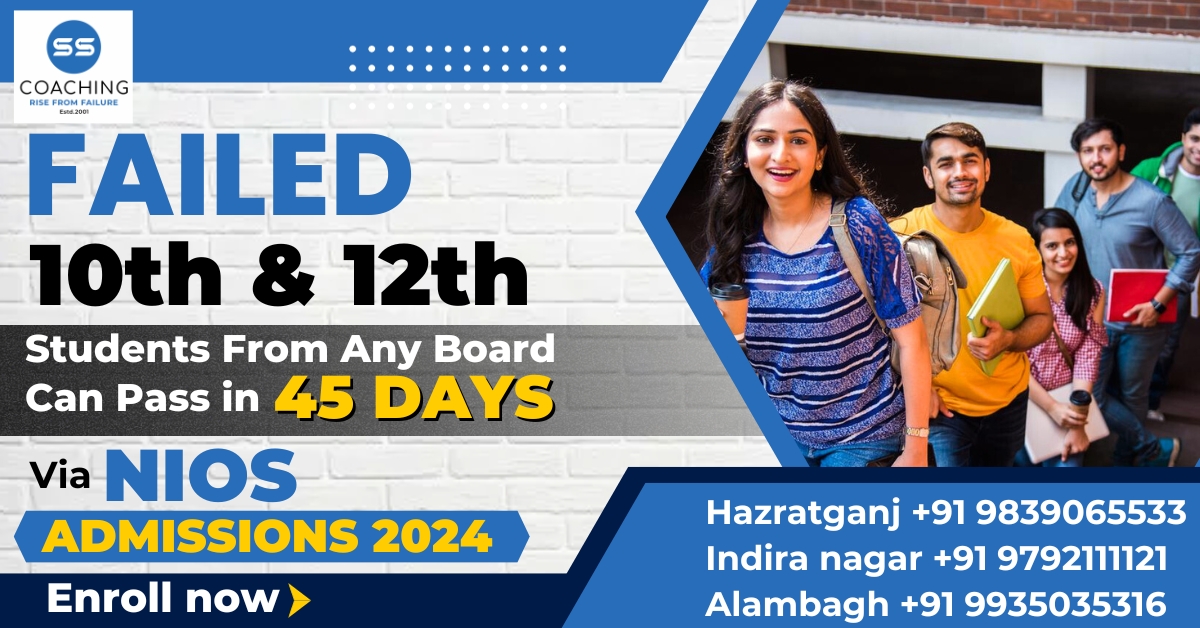Difference between ICSE, CBSE and NIOS Board?
At the national level there are three central boards - CBSE, CISCE and NIOS Board each have their own advantages and disadvantages. It is totally up to the students and his guardians to decide which board they will prefer for their kids to study.
Education in India is very highly dependent on the content of the syllabus offered and most parents when choosing school for their child ignore the type of education provided by the school but rather giving priority to the syllabus it offers.

CBSE(central board of secondary Education) was founded in 1952 .This board is a regular board and the student enrolled in this board has to attend classes at his school. The main purpose of bringing this board into existence was to bring all school and colleges across India under one board so that every student has the same knowledge at all India level when he /she clears their board exams of class (X and XII ).
This aim was achieved by bringing central school (kendra vidyalaya) into existence that would help the children of those government employees who have a transferable job that involve midyear transfers. The CBSE syllabus is well designed and keeps the students up to date by constantly revising the syllabus. The syllabus is designed by NCERT (National Council for Education Research in Training).
The NCERT work is to constantly update the syllabus to keep it up to date with the latest trend in education. A number of changes have been incorporated lately, the prominent decision being to make board examination at the end of Grade -10 optional while the Grade -12 is (mandatory).
The Council for the Indian School Certificate Examinations (CISCE) is a private, non-governmental board of school education in India. It conducts two examinations in India: the Indian Certificate of Secondary Education (ICSE) and the Indian School Certificate(ISC).
The CISCE was set up in 1956 at the meeting of the Inter-State Board for Anglo-Indian Educational proposal was adopted for the setting up of an Indian Council to administer the University of Cambridge Local Examinations Syndicate's Examinations in India. It is an all-India, but not a government sponsored board (unlike the CBSE and NIOS). It is based in New Delhi.
The Council for the Indian School Certificate Examinations (CISCE) reviews its course once in three years. A serious need for mainstream courses like fine arts and painting is felt. There are courses that have faced step-motherly behavior from other boards till now.
But NIOS School is looking to amend this in the interest of the students. NIOS being a central board, policies and procedures formed by it ought to be implemented by other boards at the state level too. The new education system prepared by the NIOS Board should be implemented by other boards as well. Under NIOS, students appear for six compulsory subjects in senior secondary, while under CISCE they have to take only four subjects. Special importance is given to subjects alike painting, home science or sociology which other boards like CBSE or ICSE have not given.
NIOS has now been one of the most prominent board of in India. The board has be approved and founded by the Ministry of Human Resource and Development, government of India through resolution (No. F.5-24/90 Sch.3 dated 14 September 1990 published in the Gazette of India on 20 October 1990). It gives the freedom to the students to study from home. The syllabus is up to date as it is designed by NCERT (National Council for Education Research in Training).
This makes the syllabus competent and equivalent to CBSE and CISCE boards. The students preparing for entrance exams have started preferring NIOS School as the mode of study to complete their Secondary and Senior secondary courses.
The students these days start preparing for their competitive exams from class Xth/secondary level so this gives them ample time to study and concentrate on the competitive exam which they aspire to qualify. This is why NIOS is the preferred board these days by students over other board.
The NIOS students gain the same knowledge as that by a student from any other board because the course content is equally competent and of same level as that of any other board. The students of NIOS board in fact score well and the pass percentage is higher than any other board.
NIOS Board being a central board, policies and procedures formed by it ought to be implemented by other boards at the state level too. The new education system prepared by the NIOS should be implemented by other boards as well.
Under NIOS, students appear for six compulsory subjects in senior secondary, while under CISCE they have to take only four subjects. Special importance is given to subjects alike painting, home science or sociology which other boards like CBSE or ICSE have not given.
The problem arises because universities ask for scores in five subjects for admission. We advise parents to motivate their students to take five subjects. The theory-practical ratio for evaluation under CBSE is 60:40 compared to the 70:30 under ICSE.
"The CBSE ratio gives students the chance to score more, whereas the third central board - National Institute of Open Schooling (NIOS) - is all about facilitating students who are unable to pursue regular studies. The only difference between CBSE, ICSE boards and NIOS board is that it is flexible in the n choice of subjects.
It is an open learning schooling and learners attend a contact learning programme for several months under stream1, 2, 3 & 4 unlike regular students. Therefore NOS sometimes gives ample opportunities to students as they get many chances to clear the examination. NIOS is identical to CBSE board in terms of curriculum.
SSCoaching NIOS school Lucknow, helps students get complete information about NIOS board (National Institute of Open Schooling) with coaching classes that prepare students for clearing nios exams, syllabus and tuition for 10th & 12th students of NIOS Board by qualified staff and trainers who have a decades experience of nios curriculum. SS Coaching NIOS school Lucknow, also helps in form filling for admissions in each stream (stream 1, stream 2, stream 3 & 4) of NIOS Board for 10th and 12th admission seekers.
FAQ's
Q1. What type of school is NIOS?
Ans. NIOS (National Institute of Open Schooling) is an open school, also known as a distance learning institution, that offers education to students who are unable to attend regular schools due to various reasons such as work, health, distance, etc. NIOS provides flexible learning opportunities and allows students to study at their own pace and convenience.


